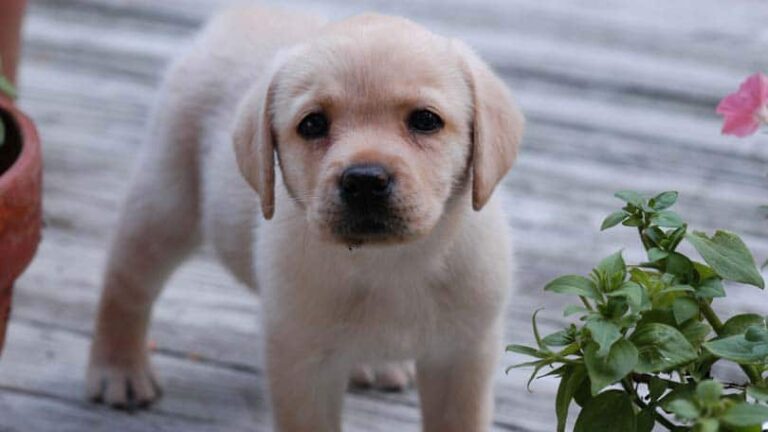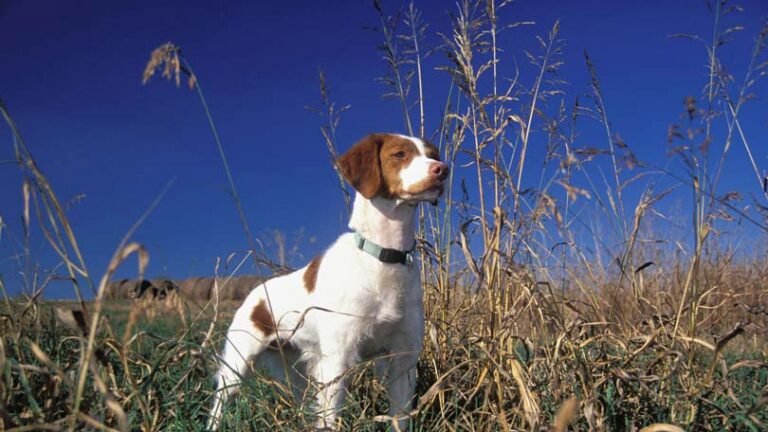Puppy Training – Teaching the Basics
Many first time puppy owners, as well as experienced dog people, ask the same questions:
- ‘How do I train my puppy?’
- ‘How old should my puppy be before I start obedience training?’
- ‘Where do I begin training my puppy?’
- ‘What results should I expect when I train my puppy?’
- ‘Should I take my puppy to obedience training?’
Teaching the Basics – How do I Train my Puppy
There are a couple of hard and fast rules when it comes to training a puppy. The most important rule of all of them is to never, ever use any type of collar other than a wide, soft buckle collar. Martingales, choke collars, Halti’s, and limited slip collars all have their place in dog training but never should be used on a dog under six months old or that is new to any form of obedience training.
Hand in hand with that rule is the use of negative or harsh training methods. Puppies by nature are eager to please and want to work with their humans so using positive reinforcement training uses these wonderful traits to your advantage. Negative training methods lower the pup’s desire to work, his enthusiasm for obedience and potentially damage any bond you are building with your new friend.
When training a puppy under six months of age, all work should be happy, fun and reward based. To speed up the training process, work with his normal day-to-day actions to teach him new words. For example, when he sits down on his own (without a command) say ‘ good sit , good puppy’ and ‘good down, good puppy’ when he lies down on his own. Too often, we spend our time saying ‘no’ when he is misbehaving but we never tell our dogs when they are doing something right. He will learn his words much faster with this soft, positive training technique.
Puppy Classes
Puppy kindergarten is the best fun you will ever have with your pup! Designed to be a fun class that focuses on socialization with both four-legged and two-legged strangers, much of the class is about positive interaction with less focus on training then regular obedience classes. Most trainers require participants to be at least four months old and fully vaccinated to start so call around and find a class that begins as close to your pup’s four month birthday as possible so as not to lose out on this important training when it will do them the most good.
When you start class, bring a pocket full of soft treats and only give the tiniest morsel each time you reward your pup’s good behavior otherwise his belly will be full before the end of class and the rich treats could upset his stomach.
Make sure to bring him to class on a six-foot leash attached to a properly fitting buckle collar. A squeaker out of one of his toys is also a handy thing to have to attract his attention or, if you have been practicing clicker training, keep the clicker handy.
Expectations and your Puppy
The biggest complaint trainers hear from new puppy owners is that their pup is not learning fast enough or retaining the knowledge they had in puppy class. Although puppies readily absorb incredible amounts of information, do not expect them to be an obedience whizz right off the bat!
Like toddlers, puppies learn and retain a good portion of what they are taught but they also are easily distracted. It is not uncommon to see a pup sitting on command, yet their attention is focused not on their person but in the opposite direction. This is fine, he sat when he was told to but what will happen next is he will stand up and trot over to whatever it was that caught his attention. To help teach him focus, use a treat or the squeaky to bring their attention back to you before rewarding them so that they learn to keep their eyes on you at all times.
Also like toddlers, puppies all learn at their own pace and getting frustrated because one pup in the class happens to out pace your pup or another pup in the class is already housetrained is not important. Training your pup to be a happy, confident and enjoyable member of your family should be your main concern, and part of that is to keep your expectations within reason – he will get there in time.
Lastly, make sure you take the time to enjoy your pup as a puppy! Puppies are babies for only a short time and in a matter of weeks, your little ball of fur is going to be a young adult. Enjoy the time and do not be in a rush to see them ‘all grown up’ – it will happen soon enough all on its own!

Having discovered a fondness for insects while pursuing her degree in Biology, Randi Jones was quite bugged to know that people usually dismissed these little creatures as “creepy-crawlies”.







